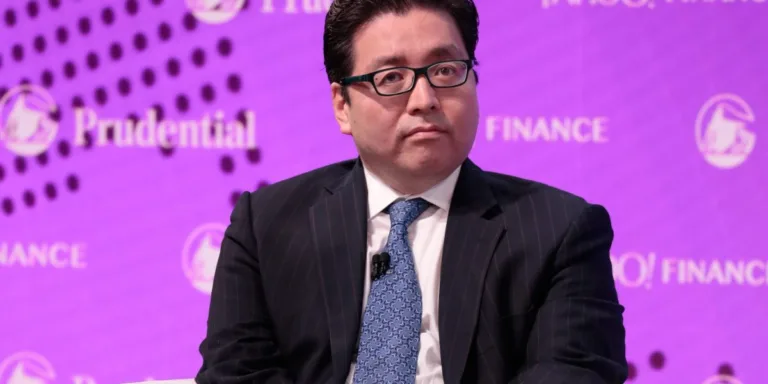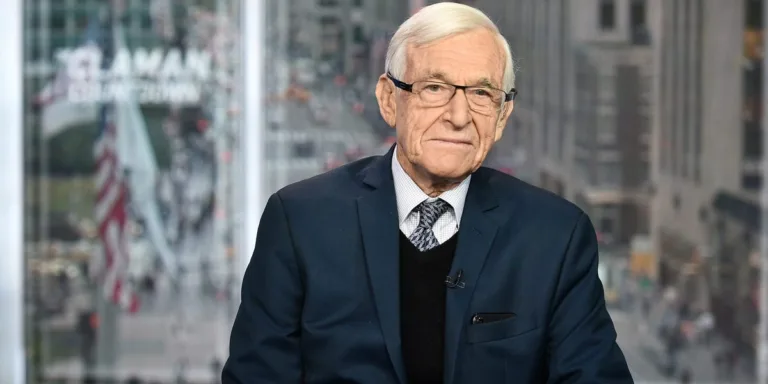Foreign Companies Exiting Russia: China and Former Soviet Republics Fill the Void
As Western companies continue to leave Russia due to the impact of Ukraine’s invasion, new companies from alternative markets are entering the country. China and former Soviet republics like Belarus, Kyrgyzstan, and Kazakhstan have seen a sharp increase in the number of new companies in Russia. However, these new entrants have not fully compensated for the companies that have exited, as the overall number of foreign-affiliated entities in Russia has declined. Russia’s shifting trade and supply chains to the East have helped boost registrations from alternative markets. Meanwhile, Russian businesses overseas are also returning their assets home amid Western sanctions. Exiting the country has become more challenging, with hurdles and restrictions imposed by the Russian government. Despite promises of exit, only a small number of international companies have successfully completed their departures from Russia.









